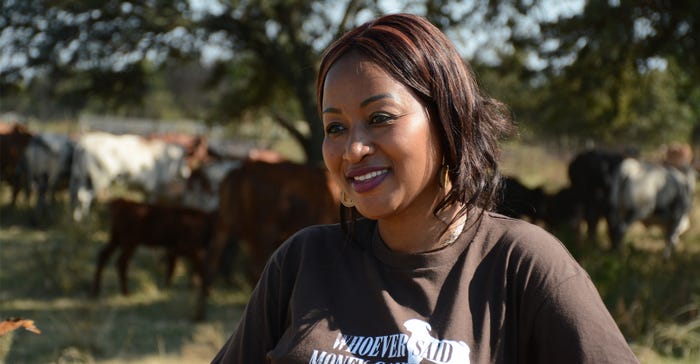
Brylyne Chitsunge
Visit South Africa, then try to describe your experience in just one word. It can’t be done.
This is a land with 11 official languages, twice the size of Texas. It has 4% of the continent’s land mass, but 50% of its infrastructure – really good roads that help a thriving export business. Its agriculture includes incredible diversity, from high-mountain fruit production to world-class tomato and avocado farms. Add in first-rate wineries, wildlife game farms, even row crop corn and soybean production. Mix in a modern commercial farming sector as well as small-scale and traditional subsistence-based African farming in the deeper, rural areas. Add in hundreds of entrepreneurial-minded farmers, such as Brylyne Chitsunge (pictured), who find ways to succeed despite tremendous political odds and weather risk.
That’s South Africa.
I was lucky to be on hand earlier this spring for the International Federation of Agricultural Journalists’ annual congress, held this year in Gauteng and the Western Cape. This was my second visit to South Africa in five years, and it was no less surprising or impressive. You think you have challenges? Try running a business where farm crime is on the rise, where racial tension is a fact of life, where land reform policies mean your farm – the property you own free and clear - may be taken away from you in a court of law.
Yet farmers here are resilient. “The softest part of your body has to be your teeth if you do business in Africa,” quips farmer Mike Bosch.
What follows are a snapshot impressions from the journey. Thanks for checking it out!
About the Author(s)
You May Also Like






